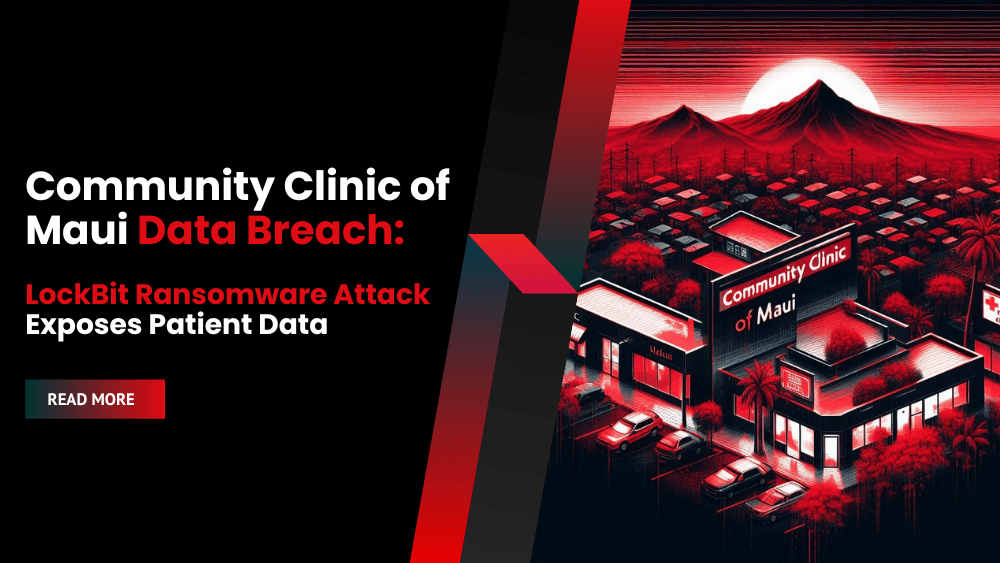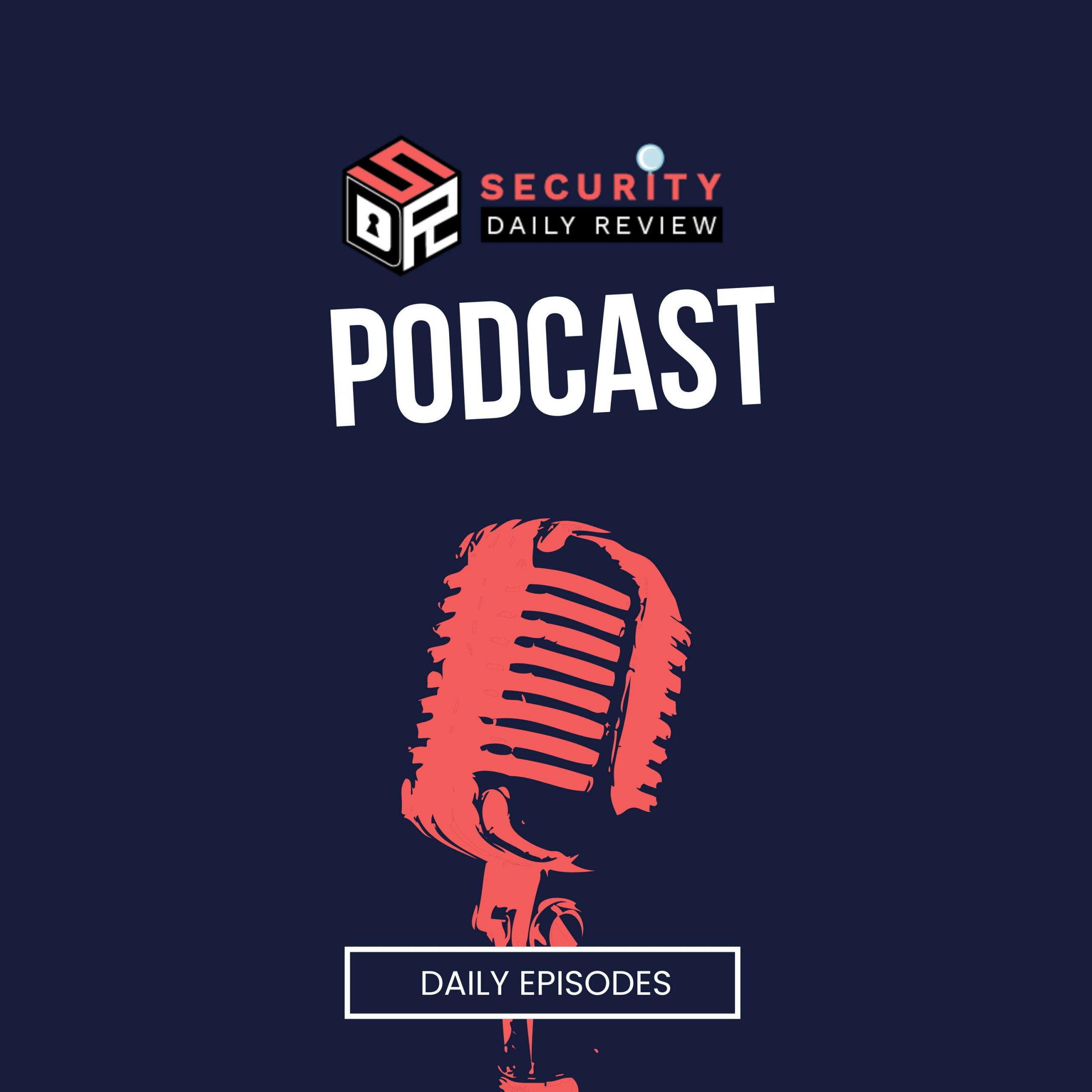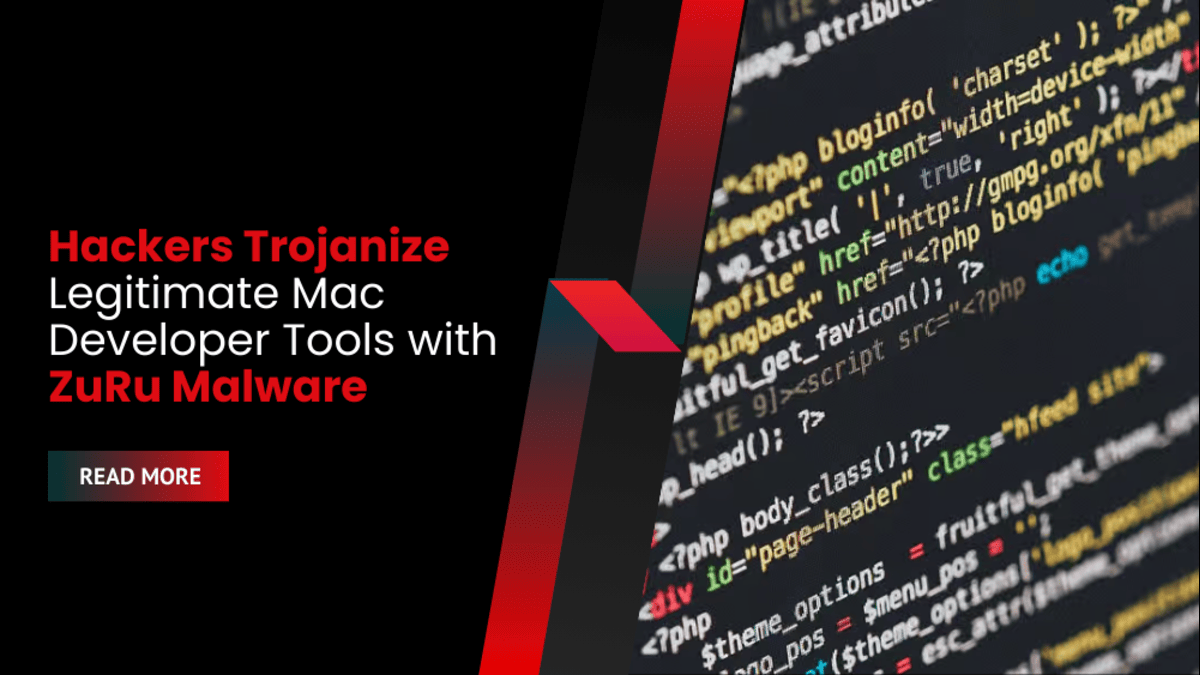The Community Clinic of Maui, a healthcare provider serving the island community, has publicly disclosed a major data breach stemming from a LockBit ransomware attack that occurred in May.
The Community Clinic of Maui Data Breach has raised serious concerns about patient privacy and data security within the healthcare sector. The incident highlights the vulnerability of healthcare organizations to sophisticated cyberattacks and the critical need for robust cybersecurity measures. The scale of the breach and the type of data compromised remain unclear, but the incident underscores the devastating consequences of ransomware attacks on vulnerable organizations.
Technical Details of the Community Clinic of Maui Data Breach:
While there isn’t any granular technical details about the attack’s specifics (e.g., the exact vulnerabilities exploited, the encryption methods used, or the command-and-control infrastructure employed by the attackers), here are some crucial aspects of the Community Clinic of Maui Data Breach:
- Ransomware Variant: The attack was carried out using the LockBit ransomware, a notorious ransomware-as-a-service (RaaS) operation known for its aggressive tactics and high-profile targets. LockBit is a highly sophisticated ransomware strain that often employs advanced techniques to evade detection and encryption. This makes recovery challenging and costly.
- Timing of the Attack: The ransomware attack occurred in May, indicating a potential window of vulnerability where sensitive patient data was accessible to the attackers. The delay in public disclosure is also noteworthy, raising questions about the clinic’s incident response capabilities and the time taken to fully assess the damage.
- Data Breach Confirmation: The Community Clinic of Maui has officially acknowledged the data breach, confirming that sensitive patient information was compromised. The exact nature and extent of the compromised data are not specified in the provided text, but it’s reasonable to assume that protected health information (PHI) was involved, potentially including names, addresses, dates of birth, medical records, insurance details, and other sensitive data.
Impact of the Community Clinic of Maui Data Breach:
The consequences of the Community Clinic of Maui Data Breach are far-reaching:
- Patient Privacy Violation: The exposure of sensitive patient information poses a significant risk of identity theft, medical fraud, and emotional distress for affected individuals. Patients may experience anxiety and uncertainty about the potential misuse of their personal and medical data.
- Reputational Damage: The data breach will undoubtedly damage the Community Clinic of Maui’s reputation and erode public trust. Patients may be hesitant to seek care at the clinic in the future, fearing further breaches or compromised privacy.
- Financial Losses: The clinic will likely incur substantial costs associated with incident response, legal fees, credit monitoring services for affected patients, and potential regulatory fines. The financial burden of such a breach can be crippling for smaller healthcare providers.
- Operational Disruption: The ransomware attack may have temporarily disrupted the clinic’s operations, impacting patient care and administrative functions. Recovery efforts can take weeks or even months, depending on the severity of the breach and the effectiveness of the incident response plan.
Lessons Learned and Recommendations:
The Community Clinic of Maui Data Breach serves as a stark reminder of the importance of robust cybersecurity practices in the healthcare sector. Key takeaways and recommendations include:
- Strengthening Cybersecurity Defenses: Healthcare organizations need to invest in comprehensive cybersecurity solutions, including firewalls, intrusion detection/prevention systems, endpoint protection, and regular security audits.
- Employee Training: Regular security awareness training for all employees is crucial to prevent phishing attacks and other social engineering techniques that can be used to gain initial access to networks.
- Incident Response Planning: A well-defined incident response plan is essential to minimize the impact of a data breach. This plan should outline procedures for containment, eradication, recovery, and communication with affected individuals and regulatory bodies.
- Data Backup and Recovery: Regular backups of critical data are crucial to enable swift recovery in the event of a ransomware attack. These backups should be stored offline and securely protected to prevent encryption.
- Vulnerability Management: Proactive vulnerability management is vital to identify and patch known security flaws in software and hardware before they can be exploited.
- Compliance with Regulations: Healthcare organizations must comply with relevant data privacy regulations, such as HIPAA in the United States, to protect patient information and avoid penalties.
The Community Clinic of Maui Data Breach underscores the urgent need for improved cybersecurity in the healthcare industry. By learning from this incident and implementing stronger security measures, healthcare providers can better protect patient data and prevent future breaches. The long-term consequences of this breach will likely be felt by the clinic and its patients for years to come.






